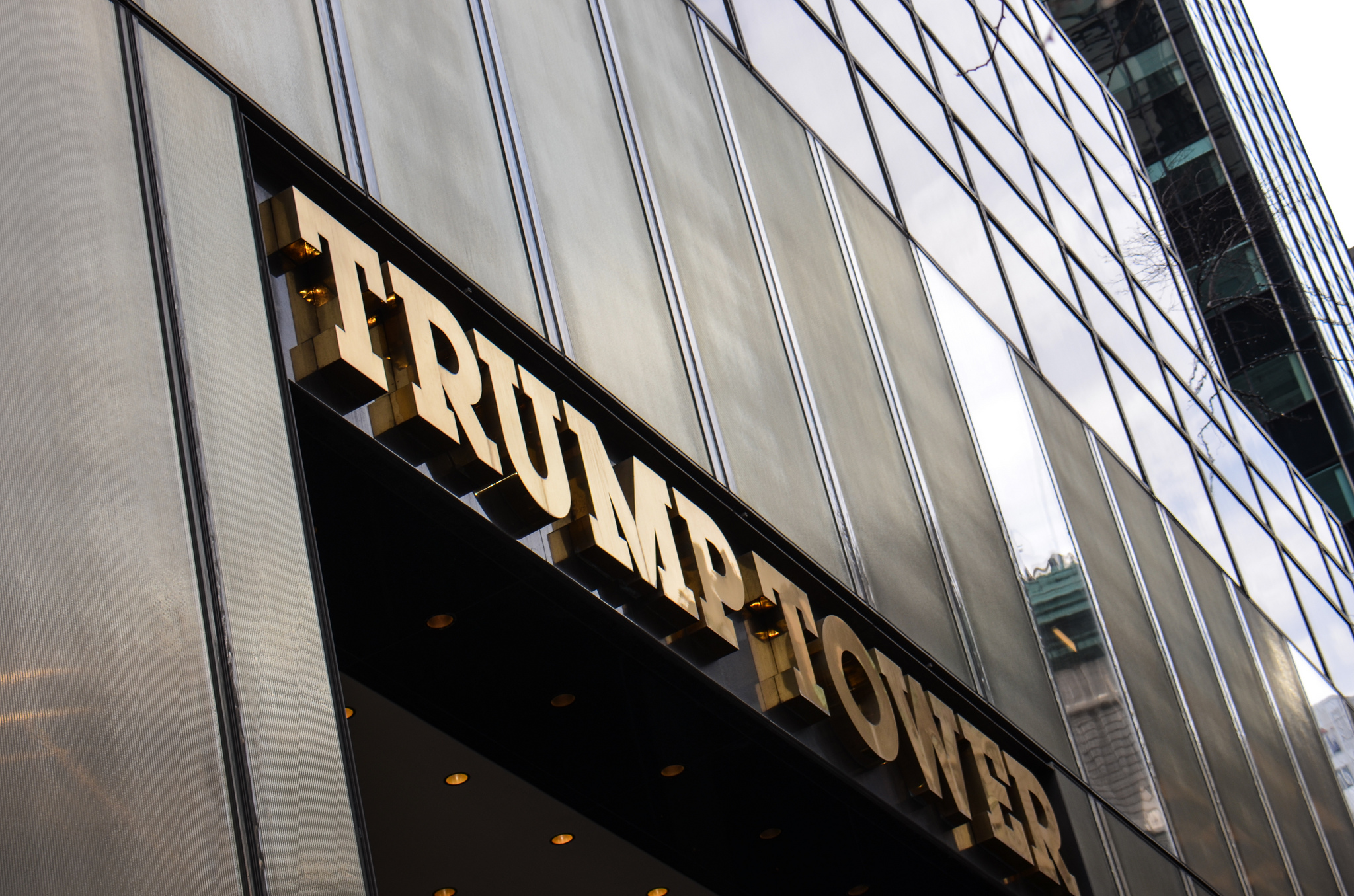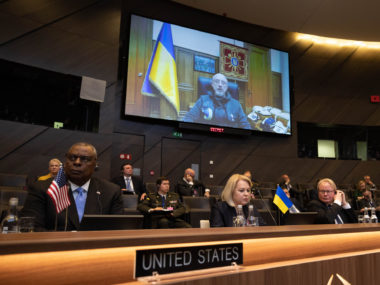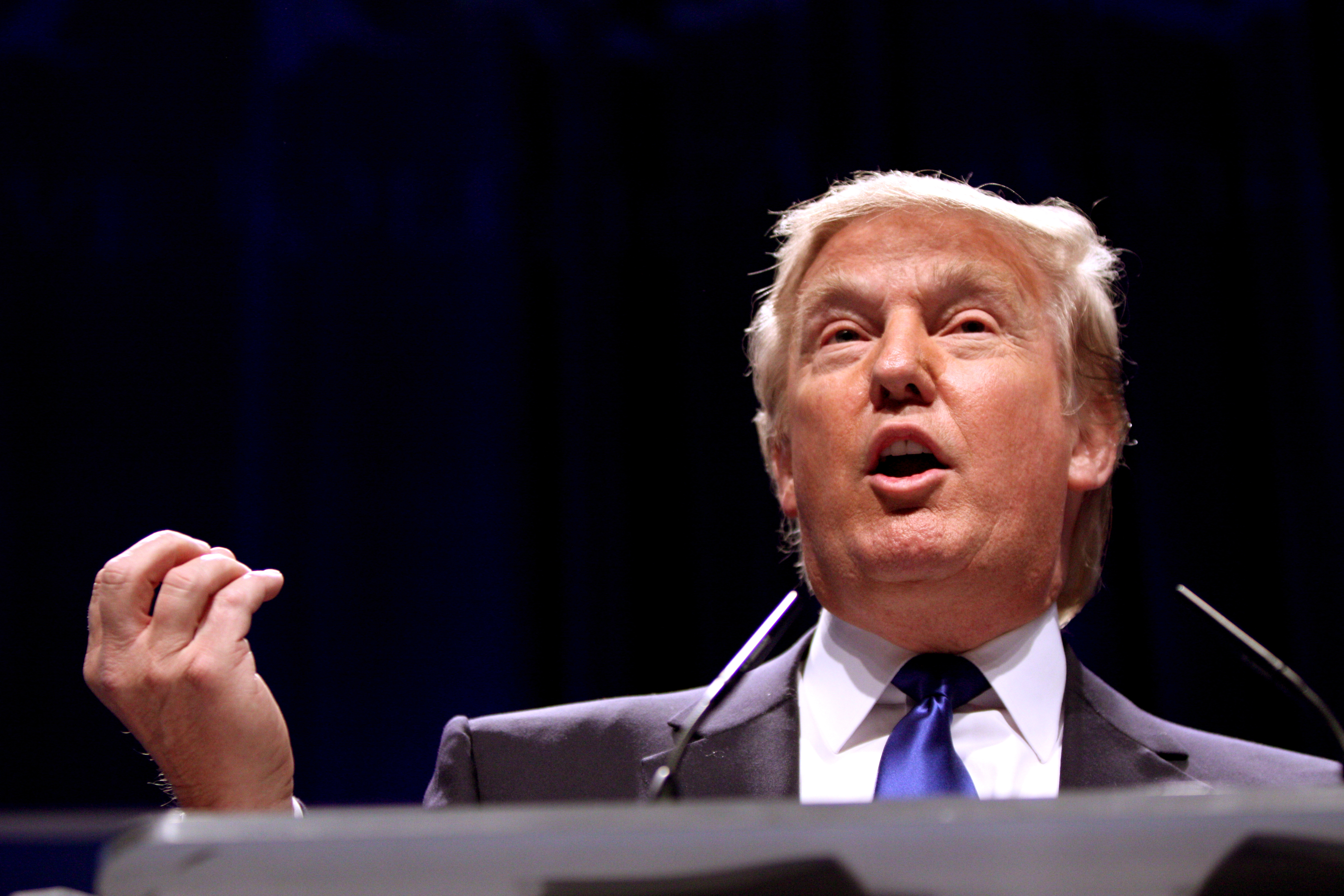By Tricia Olsen for Denver Dialogues.
As President-elect Trump begins his first term, there will be a sea change in state-market relations. Already, Trump has bucked tradition by refusing to establish a blind trust. He has sent mixed signals to business leaders by simultaneously promising tax cuts while threatening to punish those businesses that import from China (which coincidently could lead to manufacturing job loss at home). What is unclear is how Trump will balance his promises to the American people to bring back jobs with the realities of global trade. What is clear, however, is that business is likely gearing up for an era of deregulation sprinkled with firm-specific market cap losses due to Twitter attacks, as has already occurred here, here, and here (Fortune even has advice on what to do when – not if – Trump attacks your company on Twitter).
Yet, few recognize how deregulation at home – or even a shift in norms around business conduct – will have far-reaching effects on the lives and life chances of those in the developing world.
Given the increased size and transnational nature of multinational corporations, states struggle to hold corporations accountable for wrongdoing. This so-called “governance gap” has led many to focus on the cascade of self-regulatory mechanisms, multi-stakeholder initiatives, and global governance efforts that have emerged to ensure that transnational corporations adhere to certain standards, wherever they operate. There are dozens of such initiatives – the Extractive Industry Transparency Initiative, the Kimberley Process, or the Global Compact are just a few examples.
While such initiatives seek to address challenges of operating in non-democratic states or those with weak institutions, they are voluntary and frequently have no teeth. Many scholars and practitioners have questioned the effectiveness of such global initiatives.
A broad scholarship on decoupling highlights the disconnect between the policies that companies adopt and the outcomes they are intended to influence. Firms adopt policies or practices to address a given issue, sometimes at the behest of external stakeholders. Decoupling captures the idea that those policies and practices, intentions aside, simply may not be effective in shaping the outcome of interest. Some point to the difficulty of creating a policy when a multitude of social, economic, and cultural factors shape each specific context. Complex solutions may be context dependent.
Recent research (here and here) finds support for this idea. Data from the Corporations and Human Rights Database and Sustainalytics suggests that firms with human rights policies are no less likely than their counterparts to face allegations of corporate human rights abuse. Moreover, firms that participate in the Global Compact, a broad multi-stakeholder initiative, are no less likely than firms that are not members to confront allegations of human rights abuse. In other words, internal policies and membership in global initiatives do not necessarily shape the occurrence of human rights allegations. Indeed, my recent research (currently under review but available by request) suggests that, in some cases, membership actually increases the likelihood an allegation will occur.
Instead, the strength of home country institutions – that is, the democratic quality or rule of law of the country in which the firm is headquartered – is fundamental to understanding whether firms are likely to engage in irresponsible acts or face allegations of corporate human rights abuse while working abroad. Firms from countries with stronger institutions may behave better because they face reputational risk at home; they may fear legal repercussions; or they may hold themselves to a higher standard. And yet, the direct or indirect effects of such institutions are at stake under a Trump presidency. These are precisely the formal or informal institutions Trump may dismantle.
There is already reason for concern. Trump has chosen Carl Icahn, the billionaire activist investor, as a special advisor. Mr. Icahn will be in charge of “regulatory reform,” which is likely to entail substantial deregulation. On the campaign trail, Trump spoke of the closure of entire federal agencies and a moratorium on new financial regulations. While too much regulation may hinder innovation and growth, rolling back regulation – and perhaps equally damaging, weakening the norms or informal standards we hold for business – could have detrimental effects globally. As the “rules of the game” change, US-based firms may no longer need to comply with specific regulatory standards or fear backlash from policymakers for wrongdoing abroad. If state agencies look the other way, we may see an uptick in allegations of corporate human rights abuse – it seems unlikely President-elect Trump will take to Twitter for those.







2 comments
What undermines civil society’s influence on government is this particular issue of corporations penetrating and dominating civil societies through government, and this has the potential of happening through a Trump Administration. Democrats need a better candidate in 2020 in order to stop the corporate penetration into civil society sooner than later. Great article.
Teddy Roosevelt took on the big companies long ago and prevailed. Obama did it with the tech companies. They *all* do it: Republicans AND Democrats. Read your history. It has nothing to do with Dems getting a better candidate in 2020, sir.